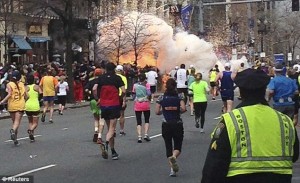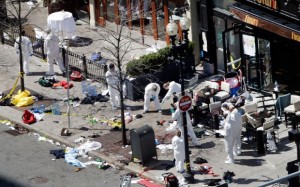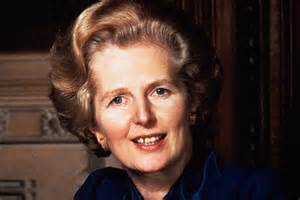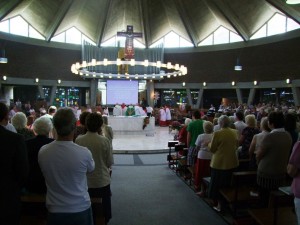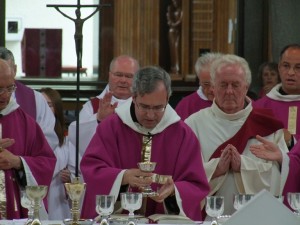These words hit me recently; if anyone is doing good and making the world a better place, then they are certainly reflecting the power of God, for God wishes to build people up, to become more whole, more complete. The words that soon follow are: “Abide in me as I abide in you”.
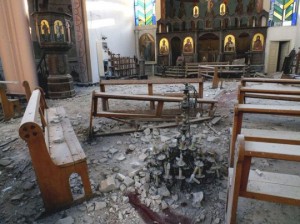 |
St Mary’s Orthodox Church in a Syrian town, destroyed.
In Syria, where there is a terrible civil war, the Christians are suffering severe persecution. Churches are being destroyed; Christian people are being killed or kidnapped; their homes are being destroyed. In an interview, this week, with a Catholic priest in Aleppo, Syria, the priest replied like this to the question: “What can the Church now offer, concretely, to Syrian Christians?”
“We look at things with realism: we are more than grateful for the support of all Christians and particularly to Pope Francis with his repeated appeals in favour of his ‘beloved Syria’. We are also grateful for the aid that arrives. However, the truth remains that a basket of food aid isn’t sufficient. The Christians of Aleppo and of Syria want security, prospects, hope. Through aid, if we are not killed, we can manage for a week, a month, perhaps even a year, and then? That’s why each one must give his own answer (about what he, or she, as a Syrian Christian should do, to stay in Syria, or leave the country even for a period of time) according to conscience and the possibilities for the person or family.”
Every sensible person in Britain wants security, prospects and hope. If we are able to spread, and share these qualities, then according to Jesus, we will be pruned so that more fruit may grow.
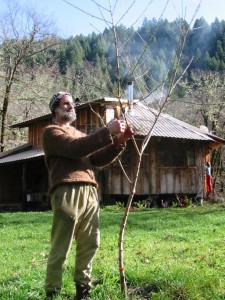 |
Pruning
Pruning is what any person who tends roses does: each year he cuts back the rose bush to make sure it produces the most beautiful roses. The apple grower does the same with the apple tree, so as to produce a greater crop of luscious apples.
 |
Luscious Apples
Any faithful, persevering Christian, in other words, who abides in the Lord, as he abides in them, is bound to suffer in some way. It should not come as a surprise to us. Jesus told us this is what would happen. Let us prepare ourselves for this – in whatever way it comes – and remain, by God’s grace if possible, joyful and at peace within. That high aim is more likely to be achieved in England, where we have more of a kind of peace, than in Syria. The likelihood is that, if I, in England, am sad and anxious within, then the fault lies within me, for the most part, and so I need to be converted once again. In Syria, the fear-factor may be so high that the same criteria cannot apply in the same way. Our Christian life, everywhere, is not a plateau of heaven, but a continual daily conversion, that will bring salvation in the end.
The Syrian priest was asked another question: “In the face of all the mixture of horror, fear, courage, resistance and surrender, what word resounds the loudest?”
Father N: “The answer I give for the loudest word that remains is this: abide in Christ. This abiding is not based on weakness in face of the strength of the aggressor, but is built on daily Mass, in which every day we are conformed to Christ, crucified in the hope of resurrection. He is our daily food and our bulwark in this storm. In the face of all this desperation, we cry out: Christ is our hope.”
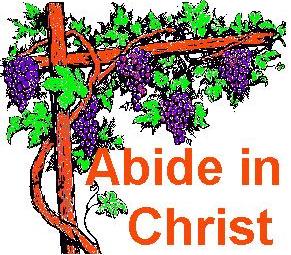 |
Fr. Jonathan
